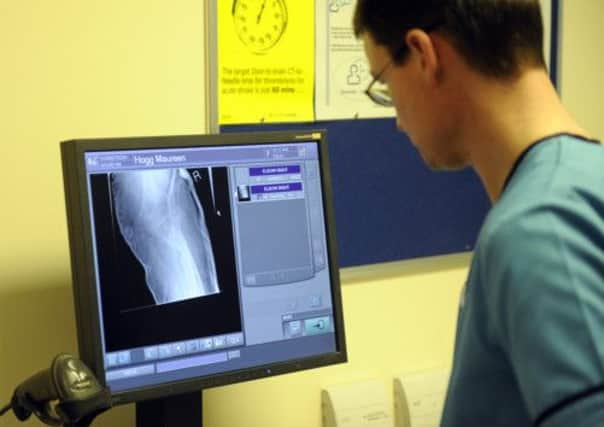Scottish independence: What would happen to the NHS?


They argue that assuming the full powers of an independent country will ensure Scotland’s NHS can be protected in public hands.
Scotland’s achievements in the health service show the benefits of the Scottish Government having responsibility for services in Scotland with improvements in services across the country.
Advertisement
Hide AdAdvertisement
Hide AdYes supporters claim that the current settlement has the potential to hurt the NHS in Scotland. They say that under devolution any reduction in the health budget in England as a result of privatisation would lead to a reduction in the Scottish budget, making it harder for the Scottish Government to protect the NHS. With independence the Scottish Government will have access to all revenues raised in Scotland, ensuring the NHS can be properly protected from Westminster privatisation.
On cross-border treatment, the Yes camp argue that NHS Scotland and NHS England are already separate organisations and there are already contractual arrangements between the two ensuring that if treatment is required across borders there is no disruption to patients. These contractual arrangements will continue.
That assurance is disputed on the other side of the debate, who make a great virtue of the fact that it doesn’t matter if you are from England, Wales, Northern Ireland or Scotland – patients can go to any part of the country to get the care that your condition requires.
According to Better Together, if Scotland leaves the UK all this would change, because a simple internal relationship would be replaced with
an international cross-Border one.
This would be the reality, claim Better Together, despite the SNP’s rhetoric.
SEE ALSO: